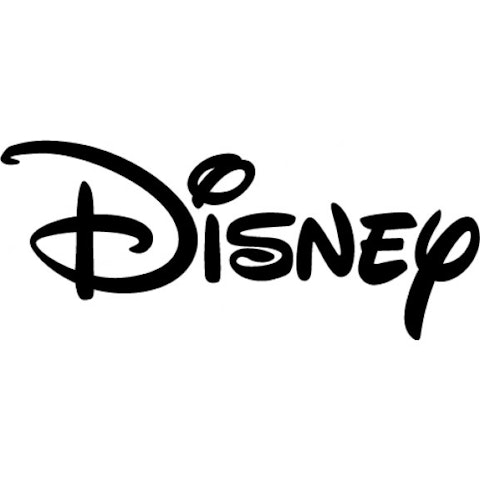Origin, Activate, and now Infinity from The Walt Disney Company (NYSE: DIS) are trying to jump into the lucrative social gaming space. These are platforms to distribute games, interact through social media, track rankings, etc. It is like GameCenter mixed with the App Store on the iPhone, except limited to a specific publisher. Disney Infinity is what Activision did with Skylanders. That model is very interesting and warrants attention for incorporating the old with the new. I am not a fan of mobile or social gaming, but Origin and Activate are likely to be the future of social and mobile gaming.
Pricier Games From Great Publishers
Indie games are fantastic, and Valve’s Steam Platform does a great job of giving these smaller publisher’s access. The same holds true for the mobile app stores. I am all for access, but Steam implements some level of quality control. Mobile app stores do not.

There is also a section for independent developers to submit a game for sale through Origin. Incidentally, Metro: Last Light was published on Origin after it was sold from THQ to another video game label, which is not a subsidiary of EA. There is also a standalone software that can connect a user to Origin. Activision Blizzard, Inc. (NASDAQ: ATVI) is launching its own platform with two Skylanders titles, but no additional details are yet available. For now ATVI just has an online store, not really a platform with integration across games and users.
Just like the future of gaming revenue was driven by DLC material for massive titles, these platforms — both mobile and traditional — are the key strategies for these companies going into the future. Being on Origin exposes you to other games that users you are connected to are playing. I scoffed at the idea, until I found a new game that way and dropped some money on it. They got me and I do not even enjoy social gaming, and for that I will never forgive them.
The mobile gaming space is moving out of the wild west period where everyone can grab a homestead and eke out a living. Now it is the time for land consolidation with bigger and more productive properties. Taking a look at forecasts from the middle of last year, traditional gaming brought in a grand total of $70 billion, excluding mobile gaming. The combined numbers are $78.5 billion in 2012. Mobile gaming on top of traditional gaming will be limited. Mobile gaming is likely to eat into traditional game a little, but not entirely or fatally. The whole pie will grow organically, but with a broader reach because even non-gamers buy the occasional smart phone game.
Traditional gaming will still bring in the lions share of revenue, but mobile games have higher margins. A complementary approach is probably what companies like Activision and EA will go for. They want to capture as much of the excess revenues above traditional gaming from casual consumers, while driving sales in the far larger traditional gaming business. They do this by having unique mobile games, as well as having games that are companions to traditional titles. For example, Mass Effect 3 had a mobile game to complement the traditional game.